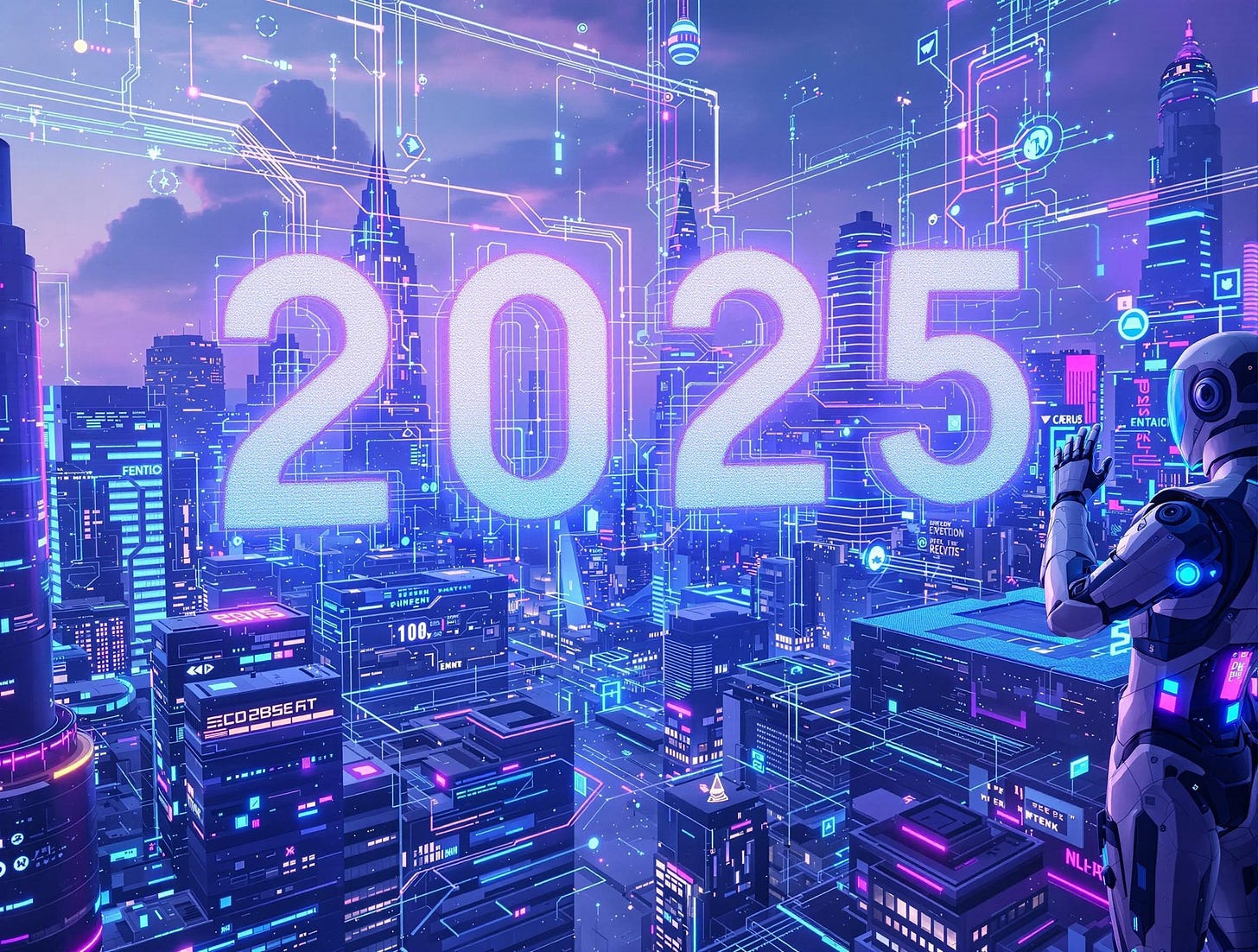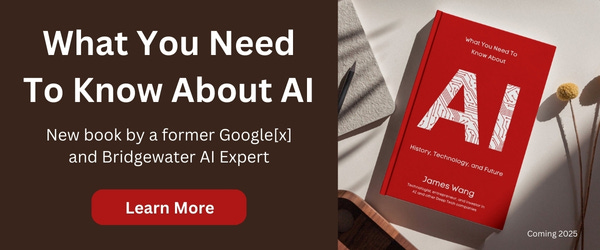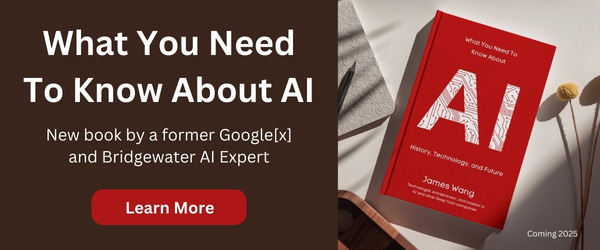AI and 2025: The Impact of Artificial Intelligence
As we enter 2025, the landscape of artificial intelligence (AI) is set to undergo transformative changes that will redefine how we live, work, and interact with technology. The rapid advancement of AI technologies promises to enhance productivity, personalize experiences, and tackle some of society's most pressing challenges.
Let’s explore the multifaceted impact of AI in 2025, highlighting its significance across various sectors.
Introduction to AI in 2025
The past decade has witnessed unprecedented growth in AI capabilities, transitioning from theoretical concepts to practical applications that permeate our daily lives. By 2025, AI is expected to be an integral part of both personal and professional environments. According to industry projections, the global AI market is anticipated to exceed $631 billion by 2028, reflecting a compound annual growth rate (CAGR) of over 40% from 2021 levels. This explosive growth underscores the urgency for businesses and individuals alike to adapt to this evolving technological landscape.
Agentic AI: The New Frontier
One of the most significant trends shaping the future of AI is the rise of agentic AI, which refers to systems capable of operating autonomously and making decisions without human intervention. In 2025, we can expect these AI agents to take on more complex tasks across various industries.
For instance, Salesforce has already begun implementing agentic AI in its customer relationship management (CRM) platform. These intelligent agents analyze customer data and interactions to provide personalized recommendations and automate routine tasks. This shift not only enhances efficiency but also allows human employees to focus on strategic decision-making and relationship-building.
AI-Powered Personalization
AI's ability to analyze vast amounts of data enables unprecedented levels of personalization in consumer experiences. By 2025, businesses will increasingly leverage AI algorithms to tailor services and products to individual preferences.
A prime example is Netflix, which utilizes sophisticated recommendation systems powered by machine learning algorithms. These systems analyze viewing patterns and user feedback to suggest content that aligns with individual tastes. As a result, Netflix boasts a retention rate significantly higher than industry averages, demonstrating how effective personalization can drive customer loyalty.
Transformative Impact on Healthcare
The healthcare sector stands to benefit immensely from AI advancements by 2025. With the ability to process and analyze large datasets quickly, AI can enhance diagnostic accuracy, streamline patient management, and reduce healthcare costs.
For example, companies like Zebra Medical Vision are developing AI algorithms that analyze medical imaging data for early disease detection. Their technology can identify conditions such as pneumonia or cardiovascular diseases with a high degree of accuracy, enabling timely interventions that can save lives. Moreover, telehealth services are incorporating AI-driven chatbots to assist patients in navigating their healthcare options efficiently.
What You Need To Know About AI is an upcoming book exploring AI’s history, how it works, and what it means for you and the future. Written by an AI technologist and investor who’s been in the field for nearly a decade.
AI in Workforce Augmentation
Contrary to fears about job displacement, AI is poised to augment human capabilities rather than replace them. By 2025, we will see a growing trend where employees collaborate with AI systems to enhance productivity.
Tata Consultancy Services (TCS) exemplifies this approach by integrating AI tools into its operations. These tools automate routine tasks such as data entry and analysis, allowing employees to concentrate on higher-value activities like client engagement and strategic planning. This shift not only improves efficiency but also fosters a more innovative workplace culture.
Ethics and Regulation of AI
As AI technologies proliferate, ethical considerations surrounding their use become increasingly critical. By 2025, regulatory frameworks will likely emerge to address issues related to data privacy, algorithmic bias, and accountability in AI systems.
For instance, the European Union has been proactive in developing regulations aimed at governing the use of AI technologies across member states. These regulations emphasize transparency and fairness in algorithmic decision-making processes, ensuring that individuals' rights are protected as they interact with AI systems.
AI-Driven Predictive Analytics
Predictive analytics powered by AI will revolutionize decision-making processes across various industries by 2025. Organizations will harness advanced algorithms to forecast trends and make data-driven decisions with greater accuracy.In finance, institutions are already utilizing machine learning models for risk assessment and market predictions.
For example, JPMorgan Chase employs sophisticated algorithms that analyze market data in real time to inform investment strategies and detect fraudulent activities. This proactive approach enhances operational efficiency while minimizing risks associated with financial transactions.
Multimodal AI Technologies
The integration of multimodal data—combining text, audio, video, and other forms—will become increasingly prevalent by 2025. This capability allows organizations to gain deeper insights from diverse datasets.In the financial sector, firms are beginning to analyze market sentiment through multimodal inputs such as news articles, social media posts, and video commentary from analysts.
By synthesizing these varied sources of information, organizations can develop comprehensive insights that inform investment strategies and risk management practices.
AI in Education
The educational landscape is set for a significant transformation due to the integration of AI technologies by 2025. Personalized learning experiences facilitated by intelligent tutoring systems will become the norm in classrooms worldwide.
AI platforms like Coursera are already tailoring educational content based on individual student performance metrics. These systems adjust lesson difficulty in real-time based on a learner's progress, ensuring that students remain engaged while mastering new concepts. Additionally, educators will benefit from advanced analytics that provide insights into student engagement levels and learning outcomes.
Future Challenges and Opportunities
While the integration of AI presents numerous opportunities for innovation and efficiency gains, it also poses challenges related to job displacement and workforce readiness. By 2025, industries must navigate these complexities while fostering an environment conducive to reskilling workers for new roles created by technological advancements.The World Economic Forum predicts that automation could displace approximately 85 million jobs globally by 2025; however, it also anticipates the creation of around 97 million new roles focused on technology management and development. This shift underscores the need for proactive workforce retraining programs aimed at equipping individuals with the skills necessary for success in an increasingly automated job market.
As we look toward 2025, the impact of artificial intelligence is poised to be profound across multiple sectors—from healthcare and education to finance and beyond. The advancements in agentic AI will enable greater autonomy in decision-making processes while enhancing personalization in consumer experiences.
Moreover, ethical considerations surrounding data privacy and algorithmic bias will necessitate robust regulatory frameworks.Ultimately, embracing these changes requires a commitment from organizations and individuals alike to adapt continually while fostering an environment conducive to innovation.
By harnessing the potential of artificial intelligence responsibly and ethically, we can pave the way for a future where technology enhances our lives rather than detracts from them. The journey ahead promises exciting possibilities as we navigate this new era shaped by intelligent machines working alongside us.
References
Worldwide AI spending projected to reach $632B by 2028: IDC - CoinGeek
AI spending to skyrocket to $632bn by 2028, IDC predicts | Mi3
Worldwide Spending on Artificial Intelligence Forecast to Reach $632bn in 2028 – IDC | UKTIN
A Deep Dive Into IDC's Global AI and Generative AI Spending | IDC Blog - IDC Blog





